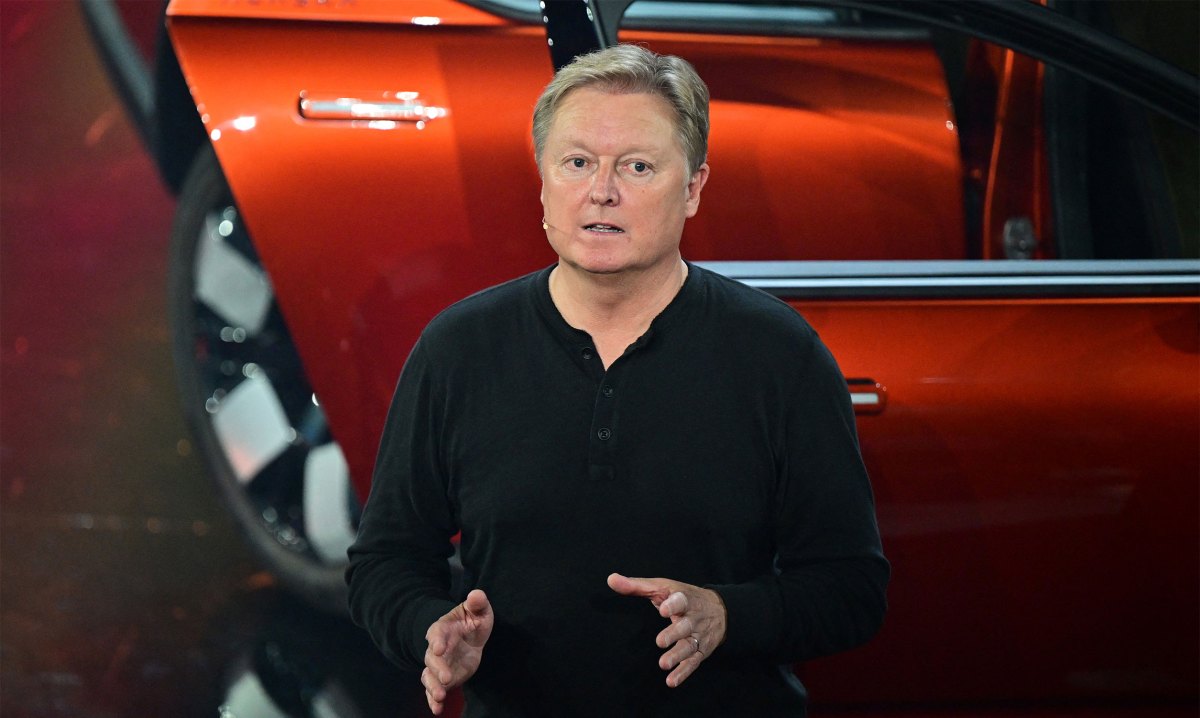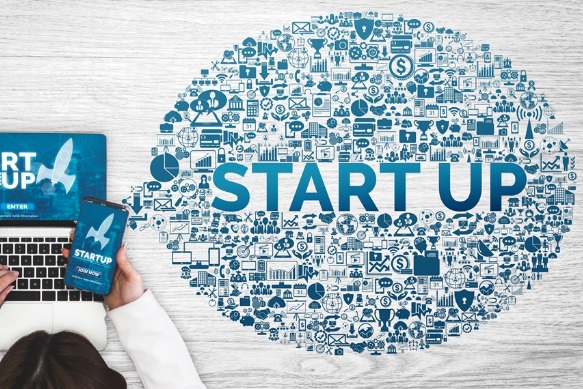Summary:
Pukar Hamal raised a $21M Series A for SecurityPal but avoided further VC rounds to pursue sustainable, profitable growth.
Waiting until $1M ARR before fundraising helped avoid the common mistake of raising too early without product-market fit.
In 2022, a VC market crash forced cost cuts and a shift towards cash flow break-even, emphasizing self-sufficiency.
VC funding often prioritizes rapid growth over profitability, leading to increased burn rates and loss of company control.
Durable growth with slow, steady scaling can improve gross margins, reduce customer churn, and enhance cash collection without relying on continuous fundraising.
The Hidden Costs of Venture Capital: A Founder's Journey to Sustainable Growth
There's a widely accepted playbook in Silicon Valley: come up with a startup idea, raise venture capital by selling equity, scale sales, and repeat this cycle until an exit via IPO or acquisition, ideally for billions. But what if this path isn't the only way—or even the best one?
Pukar Hamal, founder and CEO of SecurityPal AI, faced this question head-on after raising a $21 million Series A in 2021, only to nearly run out of money a year later. His round was led by Craft Ventures' David Sacks, with backing from Andreessen Horowitz's Martin Casado and Okta co-founder Frederic Kerrest.
Hamal started SecurityPal in March 2020 as his second venture. His first company raised capital before achieving product-market fit, which he now calls a "big mistake." For SecurityPal, he waited until hitting $1 million in annual recurring revenue (ARR) before that single Series A raise.
SecurityPal uses AI to accelerate enterprise security due diligence, cutting review times from months to days or hours for large deals. It boasts clients like Airtable, Figma, LangChain, and Grammarly.
In 2022, rising interest rates crashed the VC market, making further fundraising tough. "We were burning a lot of capital," Hamal said, with just 14 months of runway left. This crisis forced drastic cost cuts, including layoffs, pushing him to pivot towards cash flow break-even and profitability.
Despite the 2025 resurgence in VC funding, especially for AI startups, SecurityPal hasn't raised another round. Hamal realized that VC money comes with strings attached: higher expectations, loss of control, and pressure to hire rapidly, often leading to unsustainable growth.
"For venture capital, what matters is growth," he noted, where fast revenue increases can overshadow gross margin improvements, deepening losses. VCs bet on future profitability, but if fundraising stalls, companies can fail.
Hamal advocates for "durable growth"—slow, steady expansion that ensures proper customer onboarding and reduces churn. This approach fosters healthy gross margins and strong cash collection, avoiding the pitfalls of hyper-growth.
He isn't anti-VC; some startups may need continuous funding. But he urges founders to consider alternatives, aiming for self-sufficiency. "I raised venture capital. And I haven't raised it again because what I'm trying to do is put the business in a position where it doesn't need venture capital over and over again," he explained.
For more insights, listen to the full discussion on TechCrunch's Equity podcast, where Hamal shares tips on finding capital beyond venture.









Comments